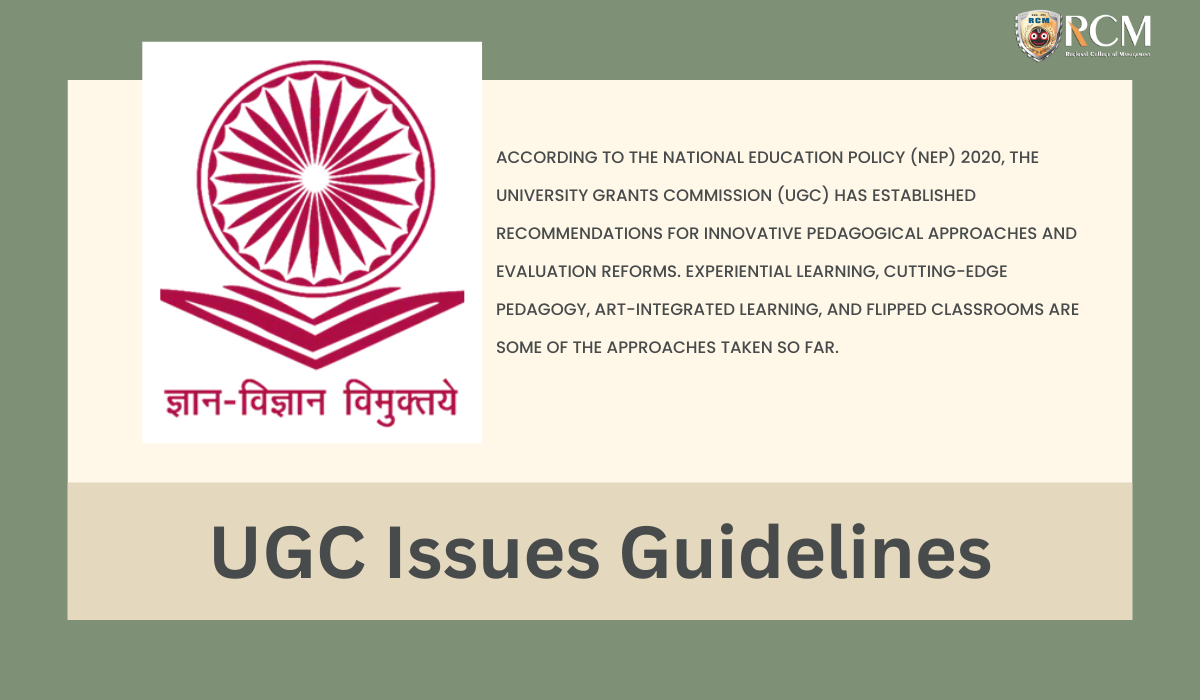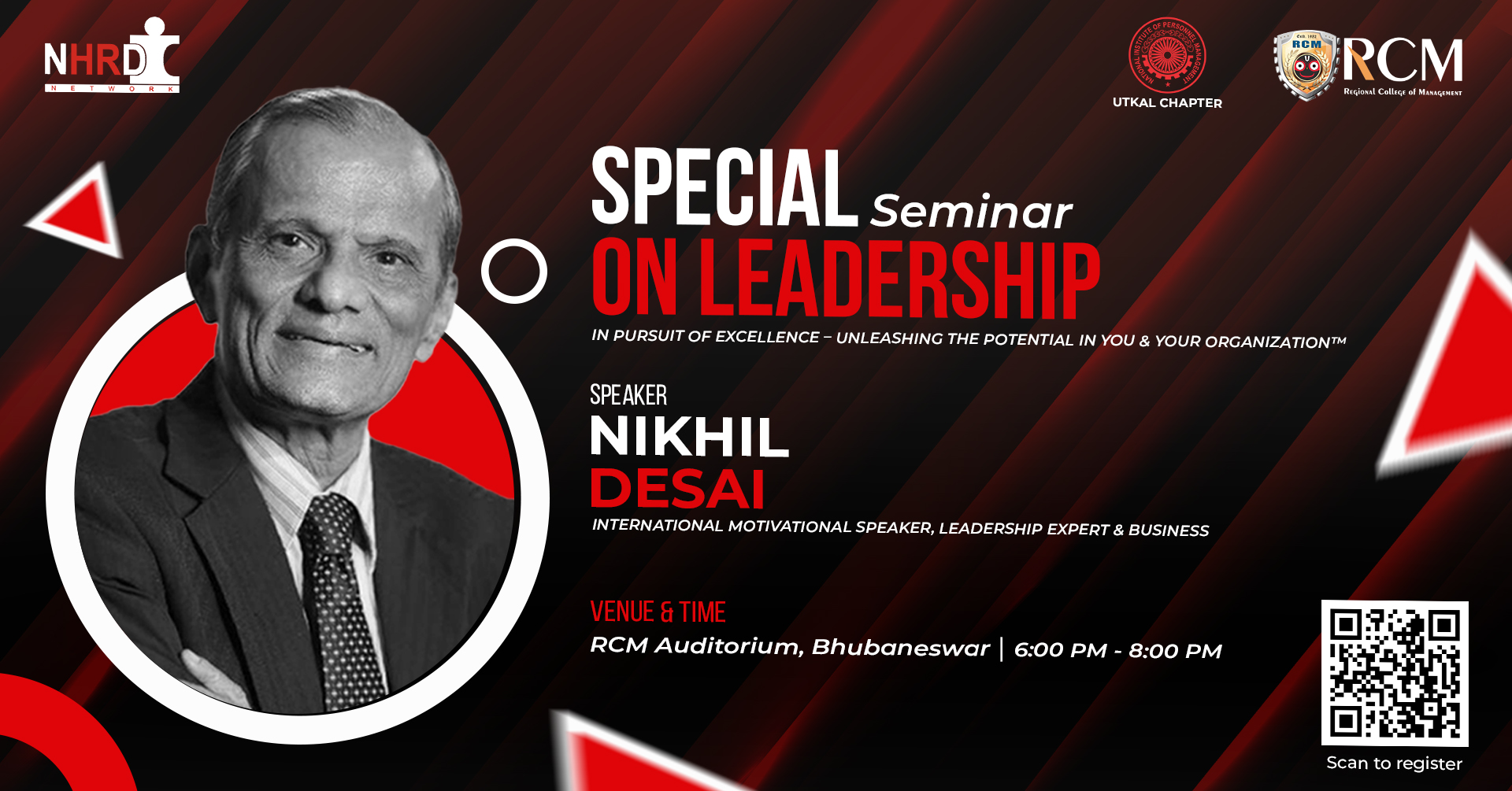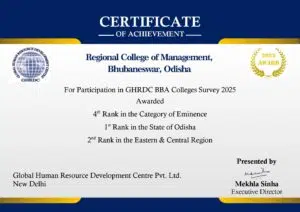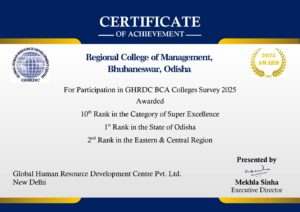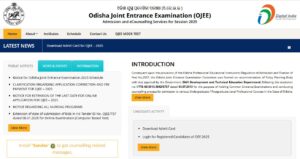According to the National Education Policy (NEP) 2020, the University Grants Commission (UGC) has established recommendations for innovative pedagogical approaches. It also includes evaluation reforms. Experiential learning, cutting-edge pedagogy, art-integrated learning, and flipped classrooms are some of the approaches taken so far.
Schools and universities have developed a variety of learning models, including hybrid, online, and offline models. This development was especially evident after the COVID-19 pandemic impacted the educational system.
The prospectus states that the UGC guidelines promote cutting-edge pedagogy and graduate specializations. They align with learning needs and teaching strategies defined in the National Qualifications Framework (NHEQF). This is to achieve the NEP 2020 vision for education.
The UGC guidelines aim to make classrooms more interactive and student-centered. They state, “Proper training, ongoing professional development, and the efforts of teachers themselves are essential for the success of meaningful changes in pedagogy.”
“Shifting environmental instances require new types of graduates and place new pressures on higher education. This aims to create and prepare students capable of meeting these challenges in the workplace,” read the guideline.
According to NEP 2020, continuous and comprehensive evaluation combined with a standards-based grading system sums up the goal of assessment.
Instead of using a single vertical assessment mode, educators adopt a horizontal continuous global assessment method. This evaluates the student’s complete growth, including critical thinking, problem-solving, knowledge application, and ethical adherence.
A standards-based grading system assesses student performance against the learning objectives of the course. Teachers define the traits or features to be evaluated using clear criteria. They create scores to measure performance levels for each criterion, deriving them from learning outcomes to make assessments more relevant.
To ensure students truly learn, institutions should plan curriculum, instruction, and evaluation based on the principles of outcome-based education (OBE).
This online learning programme serves two purposes: online learning and assessment. It first strives to offer accessible educational alternatives for all ages, from preschool to higher education. It also attempts to assist students and working professionals in balancing academic and professional advancement.
(Source: News 18)

